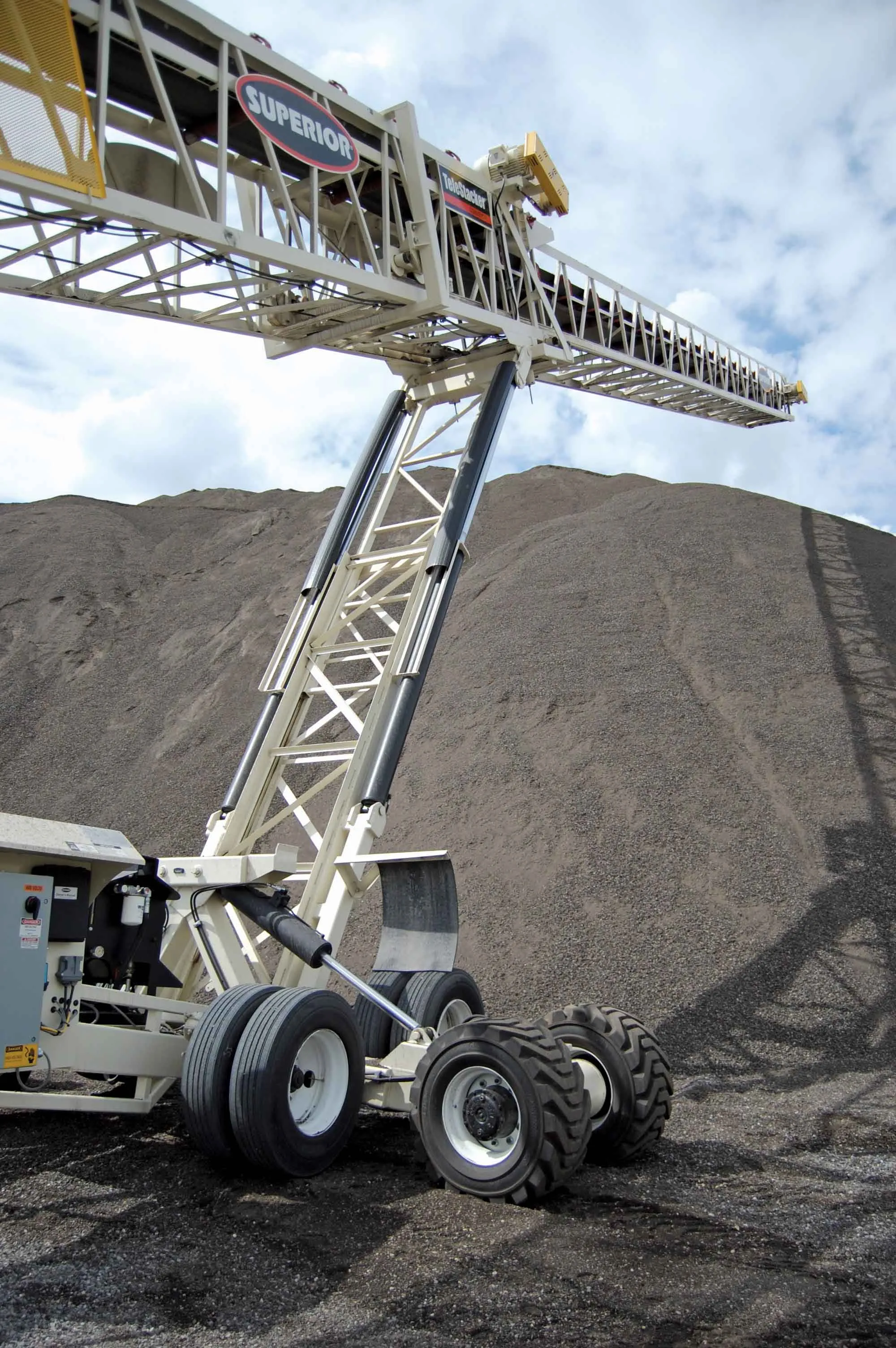The Spanish Ministry of Development is considering nationalising the loss-making radial motorways in Madrid through state-owned company Seittsa. The plan would involve putting in place a toll-payment system to generate revenues to pay interests on debts and maintenance of the roads. The Ministry has already detected 600 locations where remote controlled payment systems could be installed in Madrid to charge those using the roads. The same plan includes a project to nationalise all motorways in Madrid at ris
July 2, 2012
Read time: 2 mins
The Spanish Ministry of Development is considering nationalising the loss-making radial motorways in Madrid through state-owned company Seittsa. The plan would involve putting in place a toll-payment system to generate revenues to pay interests on debts and maintenance of the roads. The Ministry has already detected 600 locations where remote controlled payment systems could be installed in Madrid to charge those using the roads. The same plan includes a project to nationalise all motorways in Madrid at risk of default: four radial roads, plus the AP-41 (Madrid-Toledo), and the M-12 (Airport Axis). Seittsa would pay a token US$1.25 for each of them and it would assume their debts. Radial No2 is being operated by 2717 Ferrovial and it has debts of over US$530 million, while radials Nos 3 and 5 are in the hands of Abertis and bear a debt of US$820 million. Radial no 4 is being run by Ferrovial and 3959 Sacyr and has a debt of US$700 million. Moreover, 1392 Isolux, Comsa and 5289 Azvi operate the AP-41 and it has filed for administration after registering US$462 million debts, and the M-12, which is run by 980 OHL, recorded US$350 debts.








